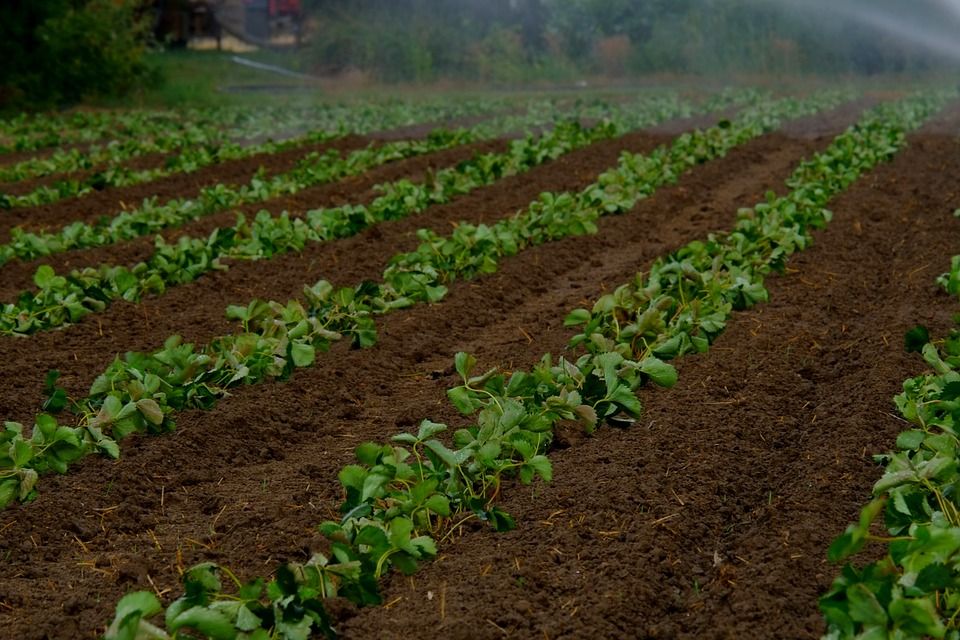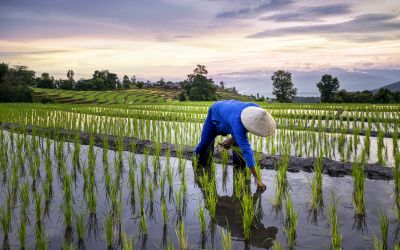UN agency explores the use of wastewater for farming
Traditionally viewed as a problem to be disposed of, municipal liquid waste could now help to solve the issue of water scarcity

Traditionally viewed as a problem to be disposed of, municipal liquid waste could now help to solve the issue of water scarcity.
Globally, population growth and economic expansion are placing increasing pressure on freshwater resources, which are being exacerbated by climate change.
Agriculture accounts for 70 per cent of global freshwater withdrawals — with demand for food expected to increase by at least 50 per cent by 2050 having severe consequences on resources.
The United Nations Food and Agricultural Organization (FAO) is exploring new ways to address this issue, including using wastewater to grow crops and help address water scarcity in agriculture.
In a press release the FAO said: “Properly managed, wastewater can be used safely to support crop production – directly through irrigation or indirectly by recharging aquifers – but doing so requires diligent management of health risks through adequate treatment or appropriate use.”
The use of water recycling is already being used by some small farmers and has proven successful near cities where wastewater is widely available and inexpensive.
Marlos De Souza, Senior Officer within the FAO’s Land and Water Division, said: “Although more detailed data on the practice is lacking, we can say that, globally, only a small proportion of treated wastewater is being used for agriculture, most of it municipal wastewater.”
An increasing number of countries are now exploring the use of wastewater on a larger scale, including Egypt, Jordan, Mexico, Spain and the United States.
The main challenge is the treatment of wastewater, which often contains microbes and pathogens, chemical pollution, antibiotic residues, and other threats to the health of farmers, food chain workers, and consumers as well as posing environmental concerns.
There are, however, a number of technologies and approaches that effectively treat, manage and use wastewater in agriculture.
In Egypt, the use of constructed wetlands are proving to be a promising and economically viable approach to treat contaminated water.
When properly managed, wastewater can be safely used in agriculture – either directly through irrigation or indirectly by recharging aquifers.
De Souza said: "The important thing is that wastewater be managed adequately and safely used in a way that is appropriate to local conditions.”
Never miss an update by signing up to our newsletter here.



_400_250_s_c1.png)


